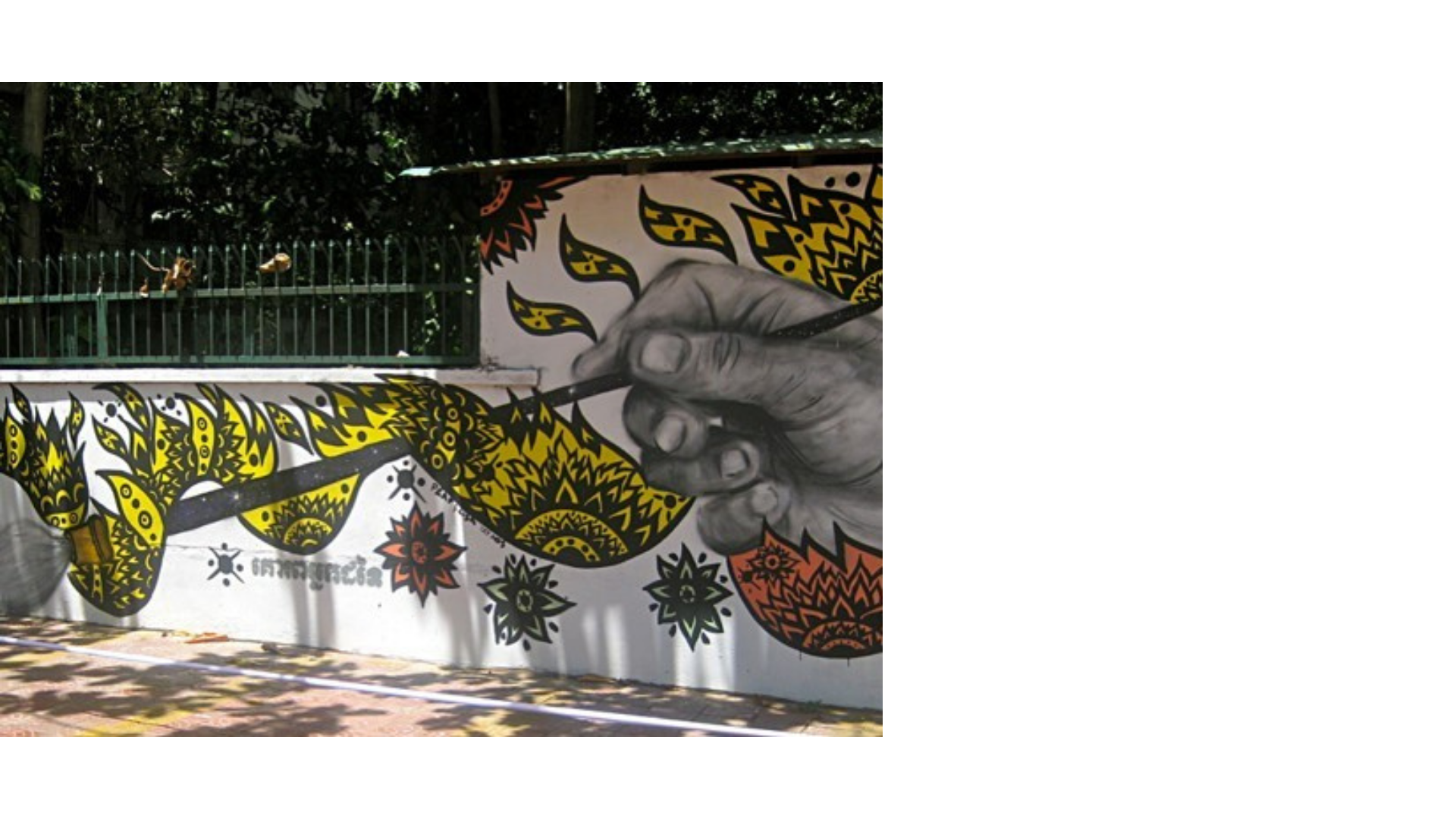Blog series ‘Equitable partnerships: Lessons from practitioners’
Kelsey Shanks and Julia Paulson
The prevalence of conflict and fragility is on the rise globally. Consequently, the need for research to understand causes, dynamics and solutions is crucial. Research informs evidence-based decision-making, underpins the design of practical solutions and ensures that interventions don’t result in harmful impacts. However, conducting research in fragile and conflict-affected contexts comes with challenges that require heightened attention to research ethics.
Many of the challenges of research in fragile contexts are seemingly applicable to international development research or research with vulnerable populations more generally. But it’s important to recognise that these issues are likely to be amplified in fragile environments, as are opportunities for unethical practices. As a researcher in a fragile context, you’re likely encounter extreme scenarios more often and more frequently, creating a multiplicity of challenges.

The unique circumstances generated by fragility, conflict and insecurity create heightened vulnerability and necessitate careful consideration of the harm-benefit ratio for potential research participants. We must ask ourselves whether it’s really necessary to collect data from potentially traumatised participants or from people whose participation could make them vulnerable.
Furthermore, it is essential to consider how research engages with inherent power dynamics, often exacerbated in these contexts, between international and national, and national and local community, researchers, and between researchers representing different positions in the locality. Researchers need to be upfront about the incentive structures, unequal burdens and structural limitations that often work against the establishment of equitable partnerships. They also need to take steps to mitigate them.
We must pay attention to epistemic, material, and geopolitical injustices/inequalities in the research ecosystem to challenge the Northern domination of knowledge production, including about conflict and its solutions. As white women, educated in the UK and Canada and employed at UK Universities, we see the benefit our positions afford us and the privileges that allow us to benefit professionally from the injustices in the research landscapes of fragile and conflict-affected contexts. Our work in this space seeks to help challenge the unethical nature of this system.

Many researchers have noted that the current ethical research guidelines for working in areas experiencing fragility, insecurity or conflict fail to support researchers who want to mitigate against such injustices. Existing resources have been critiqued for being abstract, focused solely on data collection (ignoring other features of the research landscape), detached from the realities of academia and research institutions in the Global South, and potentially extractive.
Responding to this criticism, UKRI and UNICEF Innocenti have drawn on our recent paper to create a set of guidelines for applicants wishing to work in contexts affected by conflict and fragility.
The guidelines are grounded in the understanding that achieving ethical research in fragile spaces is not dependent solely on activity at the research site, but also on the political economy of knowledge production and decisions made across the entire ecosystem of a research project. They provide a unique tool for applicants to assure themselves that their research projects will give systematic and on-going consideration to the ethics of research in fragile and conflict-affected contexts.
The following 7 criteria come with a series of questions designed to guide researchers’ reflections on their ethical obligations:
Criteria 1: Clear and robust commitment to creating and maintaining fair and equitable partnerships throughout the research process.
Criteria 2: Research plan demonstrates systematic consideration of ethics at design phase.
Criteria 3: Comprehensive protection protocol in place.
Criteria 4: Research plan demonstrates systematic consideration of ethics during implementation phase.
Criteria 5: Research plan demonstrates systematic consideration of ethics during dissemination phase.
Criteria 6: Research plan demonstrates systematic consideration of ethics during monitoring and evaluation of the research.
Criteria 7: Flexible, fair and transparent budget and timeline that meets the complex needs of ethical research in fragile and conflict-affected contexts.
These criteria are offered for consideration along with a checklist for applicants to use systematically as they write their bid/proposal. These guidelines are for all those involved in planning research in fragile and conflict-affected contexts. An equivalent set of guidelines are available to reviewers to ensure that they fully consider the ethical approach of projects they are evaluating. A concept note also outlines the key areas of responsibility for funders.

Kelsey Shanks is a Professor at Ulster University where she holds the UNESCO Chair in Education for Peacebuilding and Human Rights and a British Academy Bilateral Chair in Education in Conflict and Crisis. Kelsey is Principle Investigator of the Political Economy of Education Research Network (PEER), which seeks to develop a critical and locally grounded approach to Political Economy Analysis (PEA) of Education in contexts of conflict and crisis. She has conducted extensive research in Iraq, along with work in Ukraine, Syria and Somalia.

Julia Paulson is Associate Professor of Education, Peace and Conflict at the University of Bristol. She is Principal Investigator of the Education, Justice and Memory Network (EdJAM), which commissions research into creative practices for learning about past violence and injustice. Julia is Co-Director of the Centre for Comparative and International Research in Education (CIRE), Co-Editor of the book Series Bristol Studies in Comparative and International Education and a member of the editorial boards of the journals Compare and Global Social Challenges.
Photo credit
Photo 1 by authors: Street art in Phnom Pehn
Photo 2 by authors: Street art in Bogota, Colombia
Photo 3 by authors: Street art, location unspecified
About the ‘Equitable Partnerships: Lessons from Practitioners’ Blog Series
At UKCDR, we know that research for development needs equitable partnerships. We also know that there are still lessons to learn as we move equitability in collaborative research from principles to practice, which will be explored in upcoming UKCDR and ESSENCE guidance. In the leadup to these guidelines, we’re excited to share our new blog series, ‘Equitable Partnerships: Lessons from Practitioners’. Each week, we’ll hear from International Development practitioners as they share their insights on the topic, providing best practice and learning examples informed by their experience in the field.
